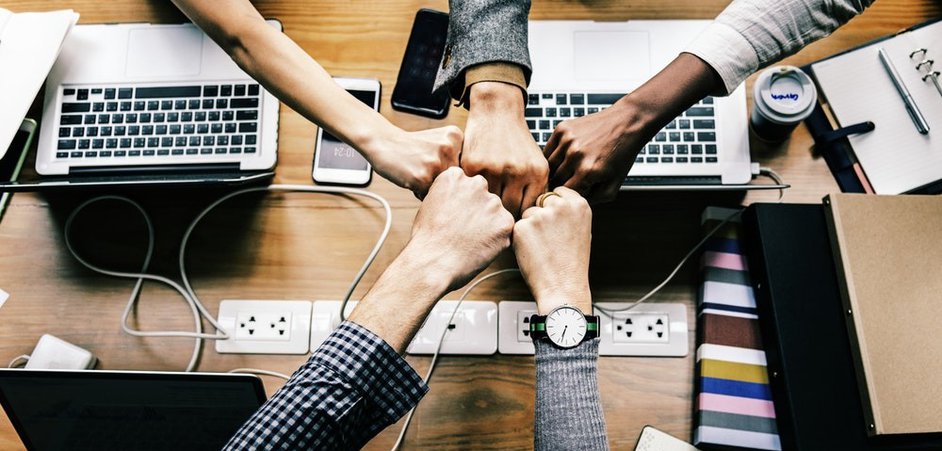
Written by Sakina Shabbir
As a Senior Projects Lead, Sakina finds Project Management an incredibly exciting and a colossal professional field. When she isn't taking care of translating customers; she enjoys reading, traveling and baking.
Theodore Roosevelt once wrote, "The most important single ingredient in the formula of success is knowing how to get along with people."
Do you work with a know-it-all, a complainer, a credit-taker, a drama queen (or king)?
Whether it's a customer or colleague, we all have somewhere encountered a difficult professional relationship. We all have dealt with what's known as a sandpaper person who rubs us the wrong way and is painful to be around. Or some call it a person migraine.
So how does one deal with these grating relationships?
According to an organizational study, people who have a best friend or a close confidant at work are seven times more likely to be engaged in their jobs. But why have Good Relationships?
Human beings are social creatures. Well, at least some of us are. We crave companionship & positive interactions. So naturally, the better our relationships are at work, the happier and more productive we're going to be. Relationships can positively or negatively affect your satisfaction with the job, your ability to move forward and gain recognition for your achievements. Therefore, if the environment is cordial and non-toxic, we spend more time and energy focusing on opportunities than problems associated with negative relationships/vibes.
Below are six areas where one can begin to develop a relationship-centric focus :
Although digital technology has enabled us to chat from anywhere in the world, there is no substitution for physical interaction. Some organizations even arrange the office space in thoughtful ways that encourage more face-to-face interaction. Company-wide events, corporate gatherings, group activities are also a great way to bring the employees together.
People aren't necessarily difficult, they're just different. We live in a diverse world of cultures, opinions and beliefs. Having an open mind to these differences can help us realize that different isn't wrong or bad, it's just different. Plus everyone has their journey, a journey you might not be aware of. So before making a judgement, practice empathy. Seeking to understand others, is half the job done.
It's easy to only focus on what people do wrong or what bothers us. People often have strengths & assets they bring to the table, even if it's hard to notice at times. When you identify and give your attention to what they do well, you can start to have a positive influence on the dynamics of the relationship.
Blaming others or situations for making us feel a certain way is something that happens quite frequently. When it comes down to it we are responsible for our thoughts, feelings and actions, and that's ultimately what we have control over. Never give people the power to control your emotions and behavior.
We are a variety of personalities. When it comes to work relationships, it's important to know your own boundaries as well as the boundaries of your colleagues. A smart rule would be to play it safe and have more formal boundaries until you can get to know someone and learn what they find appropriate or offensive.
Nah, I'm just kidding! :D
Now look around, how well do you know your people?
Teamwork, Workrelationships, Workspace,